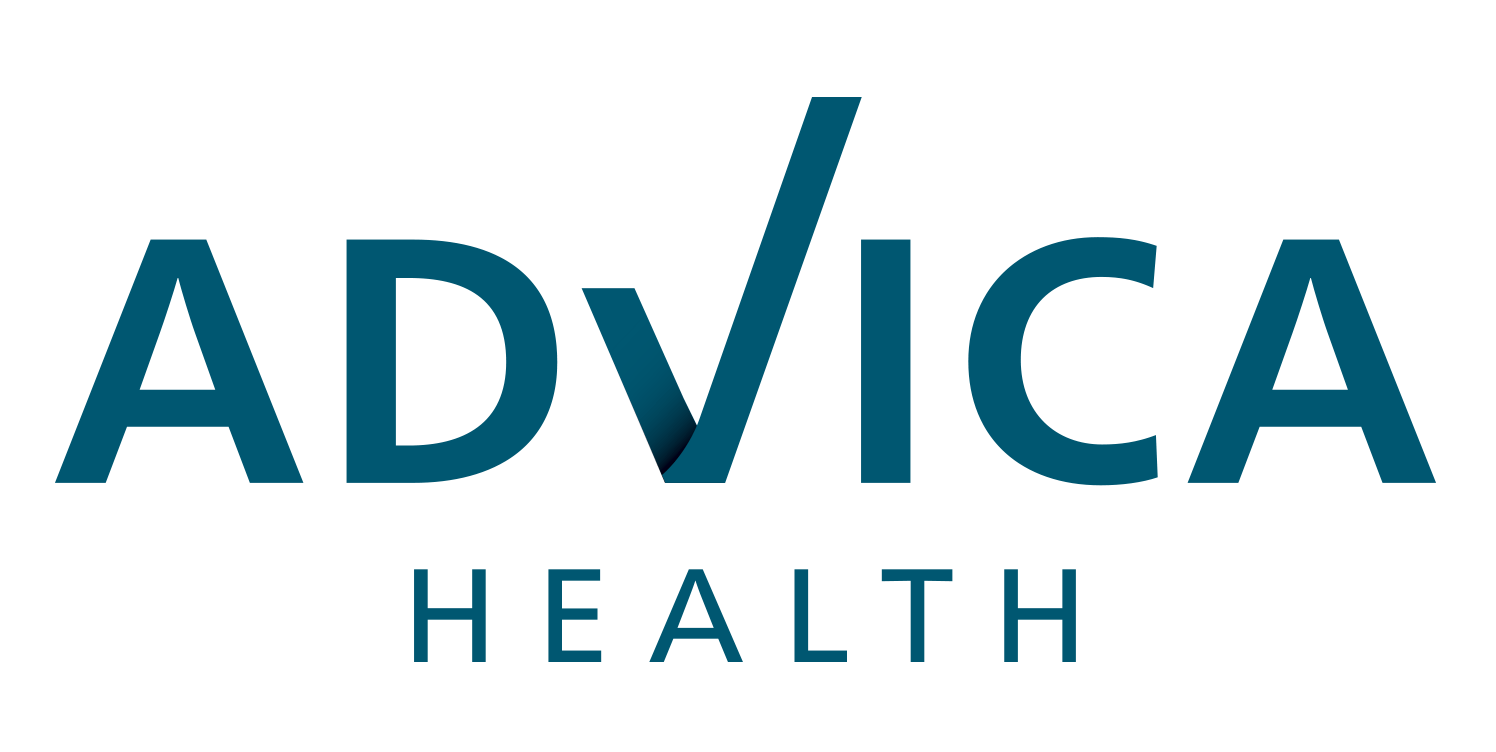The Mind-Gut Connection is a critical pathway in the body when understanding physical anxiety. Your body has a communication system between your brain and gut which means your brain can impact your digestive tract and vice versa. It is connected through one of your largest nerves, the vagus nerve, and neurotransmitters which are chemical messengers. If there is inflammation in the digestive system, it can also result in inflammation in your brain which can lead to symptoms of anxiety, depression, fatigue, brain fog, and low energy.
Underlying Nutrition Triggers to Anxiety
People who are prone to anxiety and panic attacks generally have elevated blood lactic acid levels (lactate results as a final product in the breakdown of blood sugar when there is a lack of oxygen). So I’m sure you can guess that keeping these lactic acid levels low is key in reducing anxiety and panic attacks.
There are 6 nutritional factors that can contribute to elevated levels of lactic acid. Here are some recommendations you can try at home and monitor if your anxiety levels.
- Alcohol– alcohol can increase lactate, and inflammation and lead to an imbalance in blood sugar. It’s best to reduce and, ideally, avoid alcohol as much as possible.
- Caffeine– for highly stressed individuals, caffeine can trigger anxiety within minutes of consumption. Even if you don’t feel it affects you, it might be. Try removing it for a week or 2 and see if you notice a difference.
- Sugar– refined sugar is stripped of vitamins and minerals so your body needs to use its own reserves, especially B vitamins and calcium, to digest the sugar, resulting in further nutrient depletion and inflammation. Try switching out sugar in your recipes and meals with healthier alternatives like honey, maple syrup, or molasses.
- B Vitamin Deficiency– needed for energy & brain chemical production, blood sugar control, and modulating stress. If these are deficient, you will have a harder time handling stress, and your anxiety may worsen.
- Calcium or Magnesium Deficiency -these are minerals that help to calm the nervous system and reduce anxiety, fear, nervousness, restlessness, and irritability. If these are deficient, you will have a harder time handling stress, and anxiety may worsen.
- Food Sensitivities– problem foods can lead to inflammation, histamine increase, and nutrient deficiencies, which can result in anxiety, depression, mood swings & fatigue. Try removing the major allergens for 2 weeks and see if you notice a difference in your anxiety levels: gluten, dairy, eggs, nightshades, soy & corn.
Another key trigger for many people is blood sugar imbalances. When you eat something sweet or a meal that is high in processed carbohydrates, your blood sugar spikes and then drops, which can also trigger anxiety.
So what can you eat at home to improve your anxiety?
Here are some recommendations:
Tips for Eating to Minimize Anxiety
- Eat balanced meals: eating protein, fat, and fiber at every meal and snack to reduce blood sugar drops. This means if you’re snacking on a muffin, eat some nuts and avocado with it to reduce its impact on your blood sugar.
- Eat protein for breakfast: so many people skip breakfast or don’t have enough time in the mornings to eat breakfast, but if you’re prone to anxiety, especially in the mornings, this is critical. Hard-boiled eggs, nuts & hummus are a great easy grab-and-go breakfast if you’re in a rush.
- Incorporate anti-inflammatory foods at every meal: inflammation in the gut can travel to the brain and contribute to mental health disorders. Avoiding inflammatory foods (like seed oils, processed foods, refined carbohydrates, and candy) and eating anti-inflammatory foods (berries, nuts & seeds, and green leafy vegetables) can help to minimize inflammation.
- Get your Omega 3’s- These are essential fats that you must obtain through diet and help to reduce inflammation and support brain function. Foods high in omega 3 include fatty fish like wild sardines, anchovies and salmon, walnuts, grass-fed meat, and chia seeds.
- Eat foods high in magnesium & calcium: Foods high in magnesium include pumpkin seeds, hemp seeds, almonds, dark chocolate, spinach, tuna, and brown rice. Foods high in calcium include yogurt, sesame seeds, chia seeds, sardines, almonds, flax seeds, and green leafy vegetables.
- Eat foods high in B vitamins: Foods high in B vitamins include sunflower seeds, pine nuts, almonds, grass-fed beef, wild fish, pistachio nuts, shiitake mushrooms, and lentils.
- Incorporate fermented foods daily: fermented foods increase beneficial gut bacteria diversity, which is needed to produce brain chemicals to balance your mood, reduce anxiety, reduce inflammation, and improve your sleep and stress response. Try fermented foods like kimchi, sauerkraut, kefir, fermented coconut milk, tempeh, and miso.
If you want to learn more about your gut health, contact our nurse navigation team, they’re here to help provide the tools and resources to help you be successful in your health and well-being journey.
Disclaimer: The information shared by Advica Health Inc., including but not limited to text, infographics, videos, and other material contained on its website, blog posts, and newsletters, are for educational and informational purposes only and may not be appropriate or applicable for your individual circumstances. Advica Health Inc.’s website, newsletters, and blog posts do not provide medical advice and are not intended to be a substitute for professional medical advice, diagnosis, or treatment. Always consult your family physician or other qualified healthcare professional with any questions that you may have regarding a medical condition or treatment or before undertaking a new health regimen. Do not use these materials for medical diagnosis or treatment. None of the content on the website or in newsletters or blogs represents or warrants that any particular device, procedure, or treatment is safe, appropriate, or effective for you. Do not delay any medical intervention or treatment because of something you have read on Advica Health’s website, newsletters, or blog. Your reliance on any information on the website, newsletters, and blogs is solely at your own risk. Advica Health Inc. makes no representation or warranty, express or implied, and assumes no responsibility or legal liability for the accuracy, completeness, timeliness, or quality of any information on its website, blog posts, and newsletters. We reserve the right to withdraw or amend the material we provide , at our sole discretion, without notice.
If you are a member or have any questions related to your physical or mental health concerns, please contact Advica Health’s Nurse Navigation Team.




